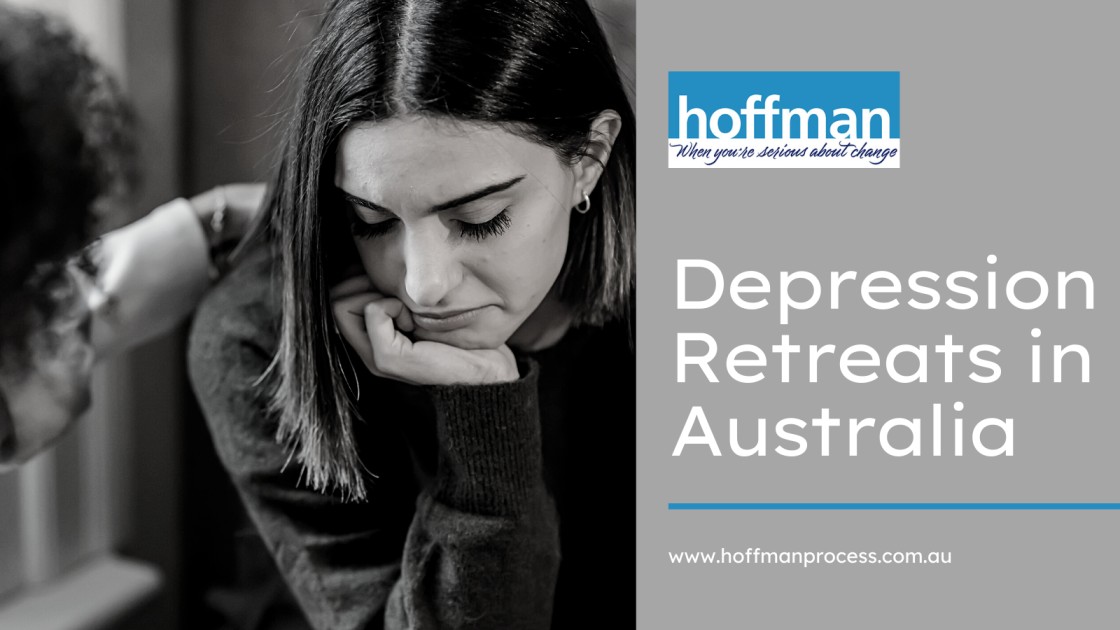Why people choose mental health retreat
Mental health retreats are a popular method for reducing stress and detoxifying the body. They work to clear the mind of depression, increase optimism, and improve general well-being. This post will explore some of the most popular types of mental health retreats and review their benefits in detail. A mental health retreat is a self-determined amount of time away from the routine that offers an opportunity to reflect on oneself and work on personal tools for creating good physical, emotional, intellectual, social, or spiritual health. The intent of a mental health retreat is to allow each individual the space in which to accomplish self-examination and personal growth. A mental health retreat can be conducted in a variety of locations such as a physical center, hotel, home or even camping out in the wilderness. It is also possible to conduct one's own mental health retreat by finding peaceful surroundings as well as quiet times for meditation and journaling. The length of the retr...


